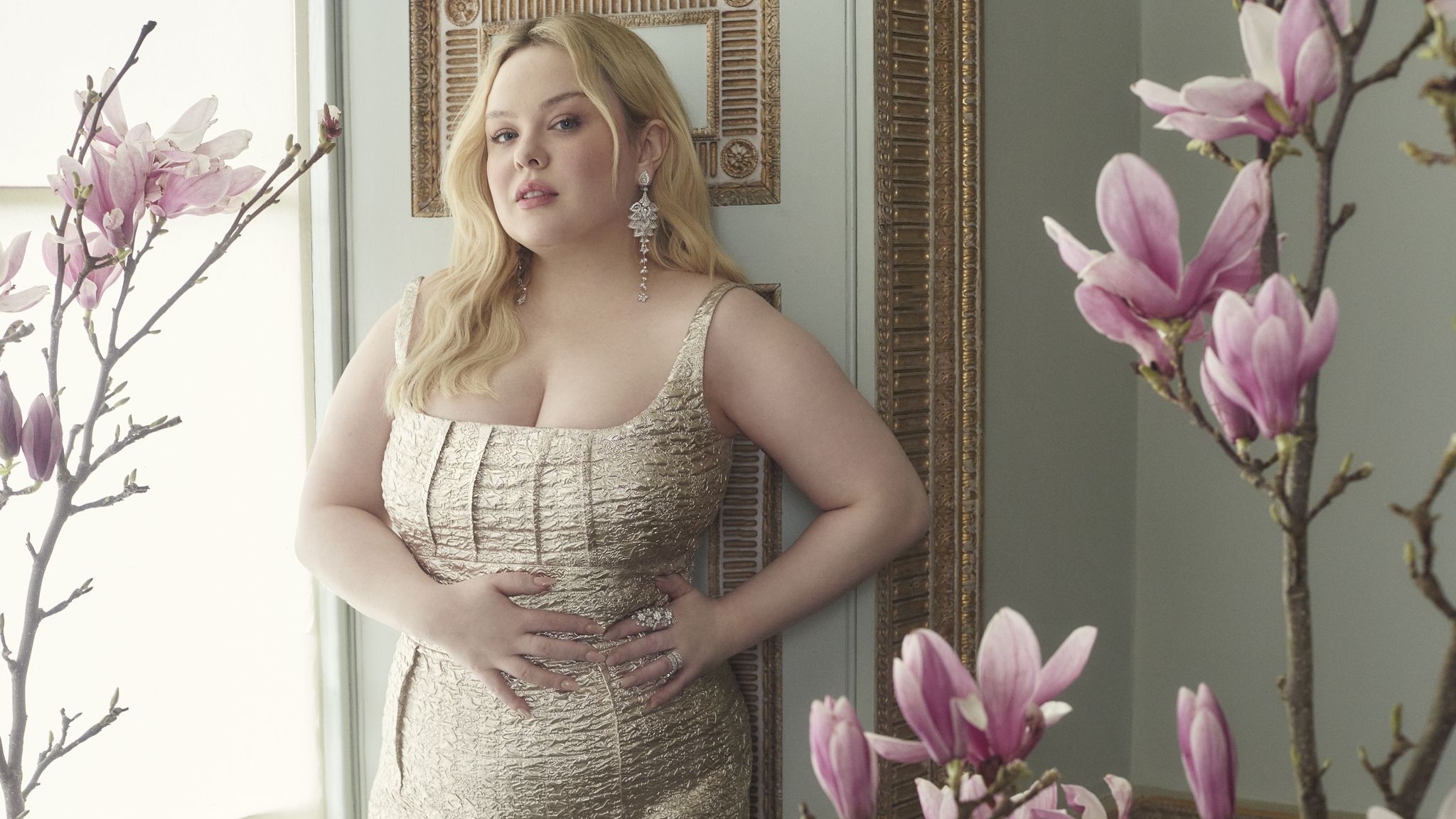
Netflix’s “Bridgerton” explores the lives of its characters in Regency-era England as they navigate finding love and their place in high society. The story follows the wealthy and influential Brigderton family, which includes the mother and her 8 children.
The highly-awaited third season, divided into two parts (premiered on May 16 and June 13), follows the third Bridgerton brother, Colin Bridgerton, as he explores his feelings for his childhood friend Penelope Featherington.
So far, the release has generated reviews ranging from positive commentary about the show to more probing discussions surrounding this season’s lead, Penelope Featherington.
Penelope is part of the Featherington family, comprised of the mother and three daughters. The Featherington family is rather eccentric as they try to keep up with the norms of their society while sticking out through their often bright and loud patterned garments. Penelope is the youngest of the three daughters and is described as intelligent and kind. She enjoys reading and writing which is frowned upon in women considering the time period. Penelope is frequently the subject of cruel jokes and suitors often overlook her.
The criticism about the character has been translating to real life towards the actress who plays Penelope: Nicola Coughlan. In an article released by The Spectator titled “Bridgerton’s Big Fantasy”, the author, Zoe Strimpel, subjects Coughlan to criticism about her appearance rather than her performance on the show. The author claims Coughlan is “not hot” and “fat.” To the author, Coughlan’s looks are not the typical desired look Hollywood goes for in female leads. Strimpel goes as far as saying Coughlan’s character would never catch the attention of “perfect ten” Colin Bridgerton.
“But reader, she is not hot, and there is no escaping it, as I was reminded recently when she graced Harper’s Bazaar’s cover in a fabulous outfit that still did not change her not-hotness. Coughlan is an actress of great value, and might be adored, but she is simply not plausible as the friend who would catch the handsome rich aristocrat Colin Bridgerton’s eye in that way. She’s not shapely – which can work as sexy even in Hollywood; she’s fat. There’s nothing wrong with fat – it’s hardly a moral shortcoming – but a zest for equality and diversity (and in this case good acting) just isn’t enough to make a fat girl who wins the prince remotely plausible. In the cruel visual semantics of the screen, poor plump Penelope may be set up to win her man, but will she win her audience? The jury, dear reader, is still out.”
These remarks by the author are detrimental to Coughlan and viewers who may see themselves in Penelope. Women are often scrutinized for the way they look, leading to hits on their self-esteem. Someone like Zoe Strimpel, who has a platform to uplift women, chooses to tear them down. Instead of focusing on Coughlan’s talents or opinions about season three in general, she shallowly chooses to point out the way Coughlan looks and how “undesirable” she is.
On social media, Coughlan has spoken about people making her body a topic of discussion and told her followers, “If you have an opinion about my body, please, please don’t share it with me.”
The article by Strimpel has been in hot water on several social media platforms including TikTok, X, and Reddit. Readers of the article have called the author out for shaming the actress over her appearance. One fan took to social media and said “The fact that this passes as “journalism” is wild.” Another fan wrote, “What a nasty, nasty article. We can’t believe in 2024 that such awfulness would be allowed to be published about our Princess Nicola Coughlan. Boycott @spectator.”
Hopefully, the feedback from fans can encourage writers like Strimpel to focus on people’s performance rather than their appearance, which is something they cannot change.


